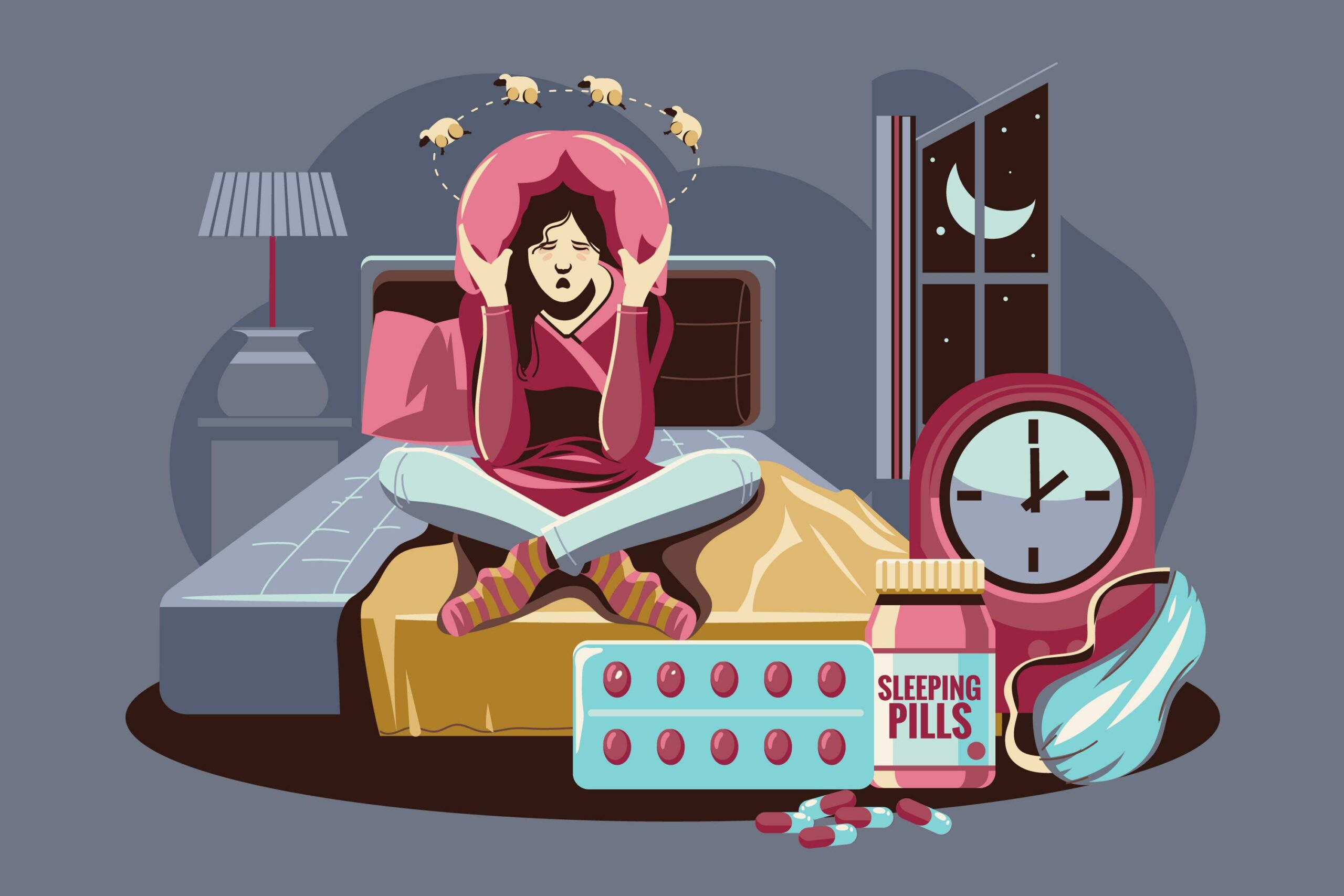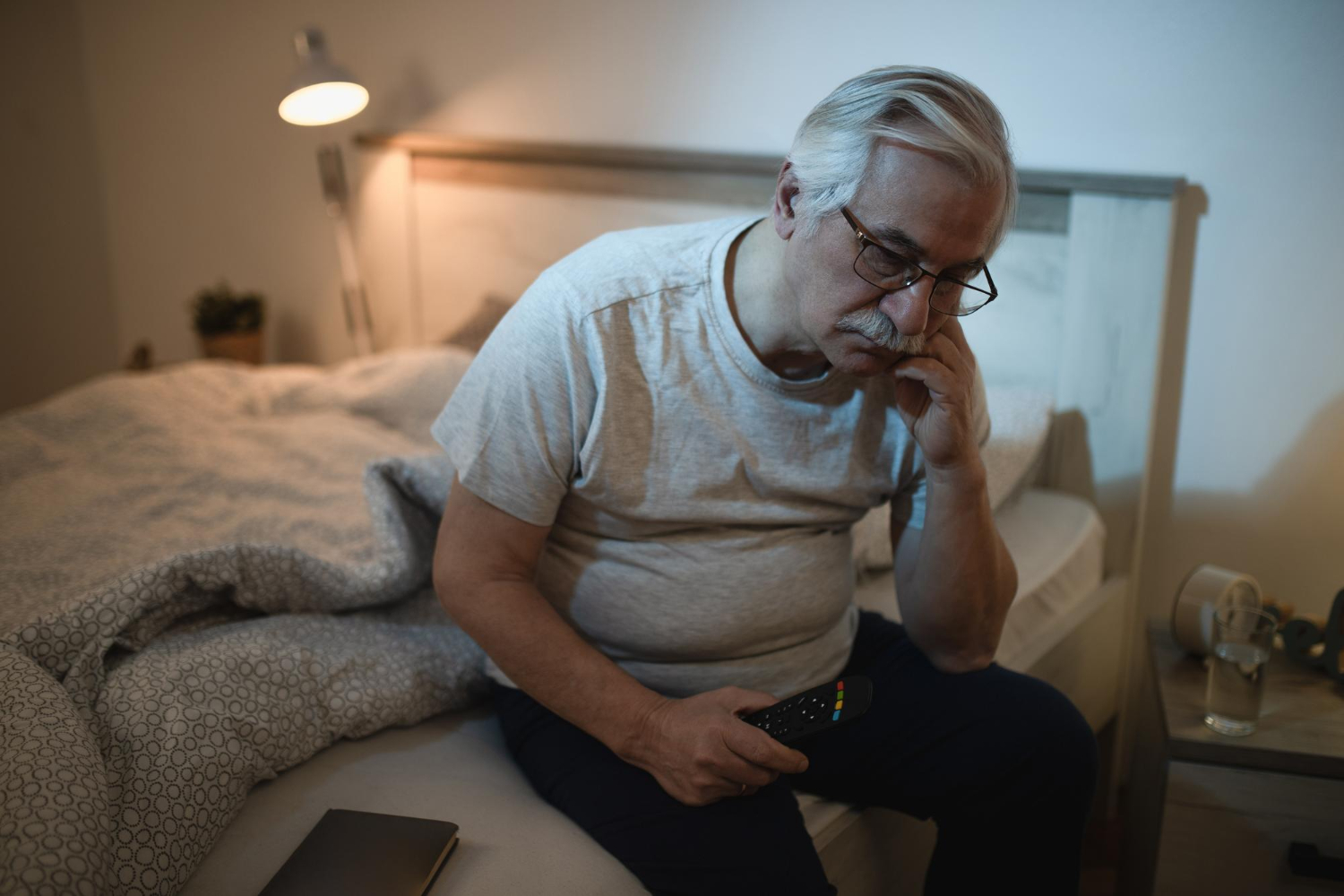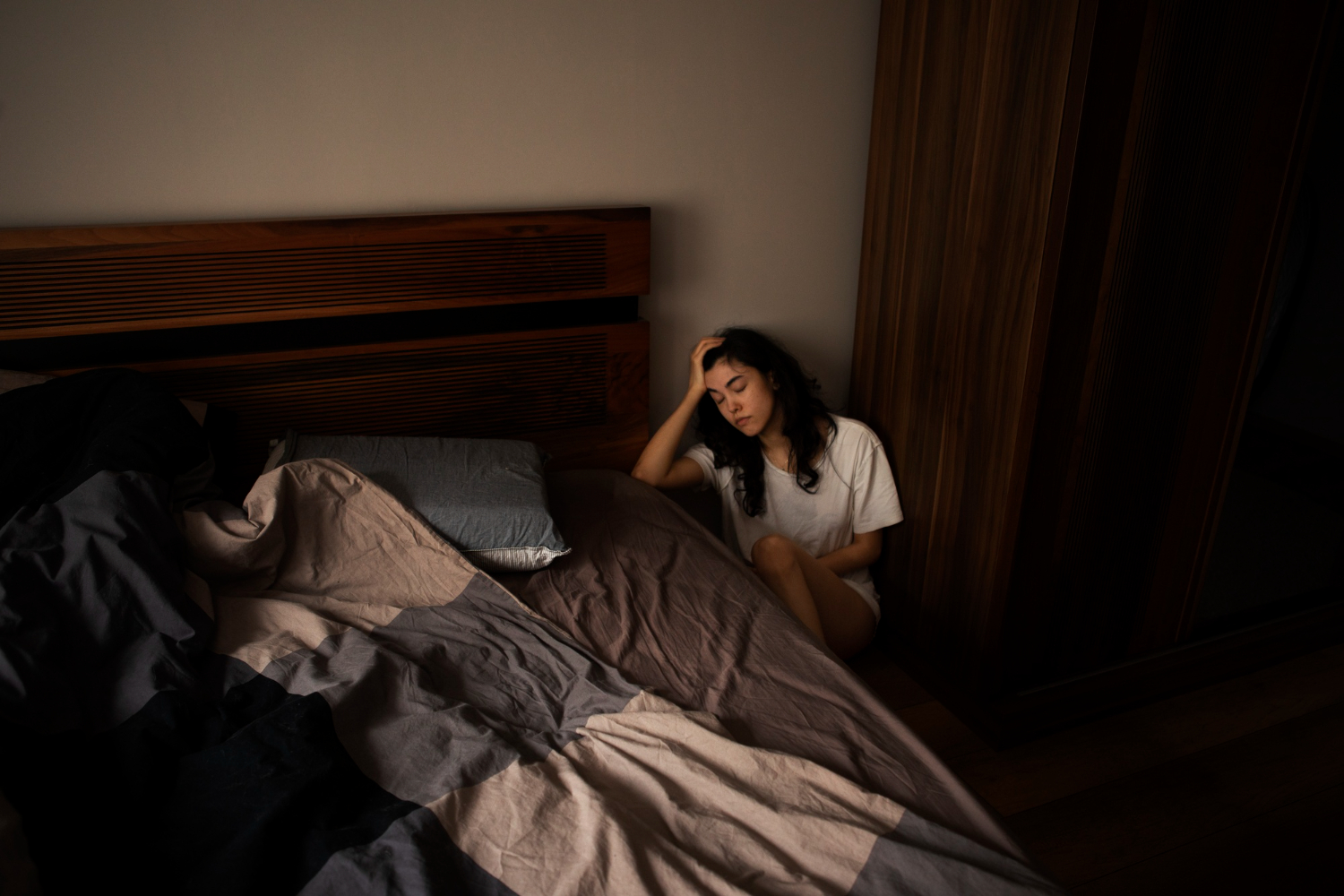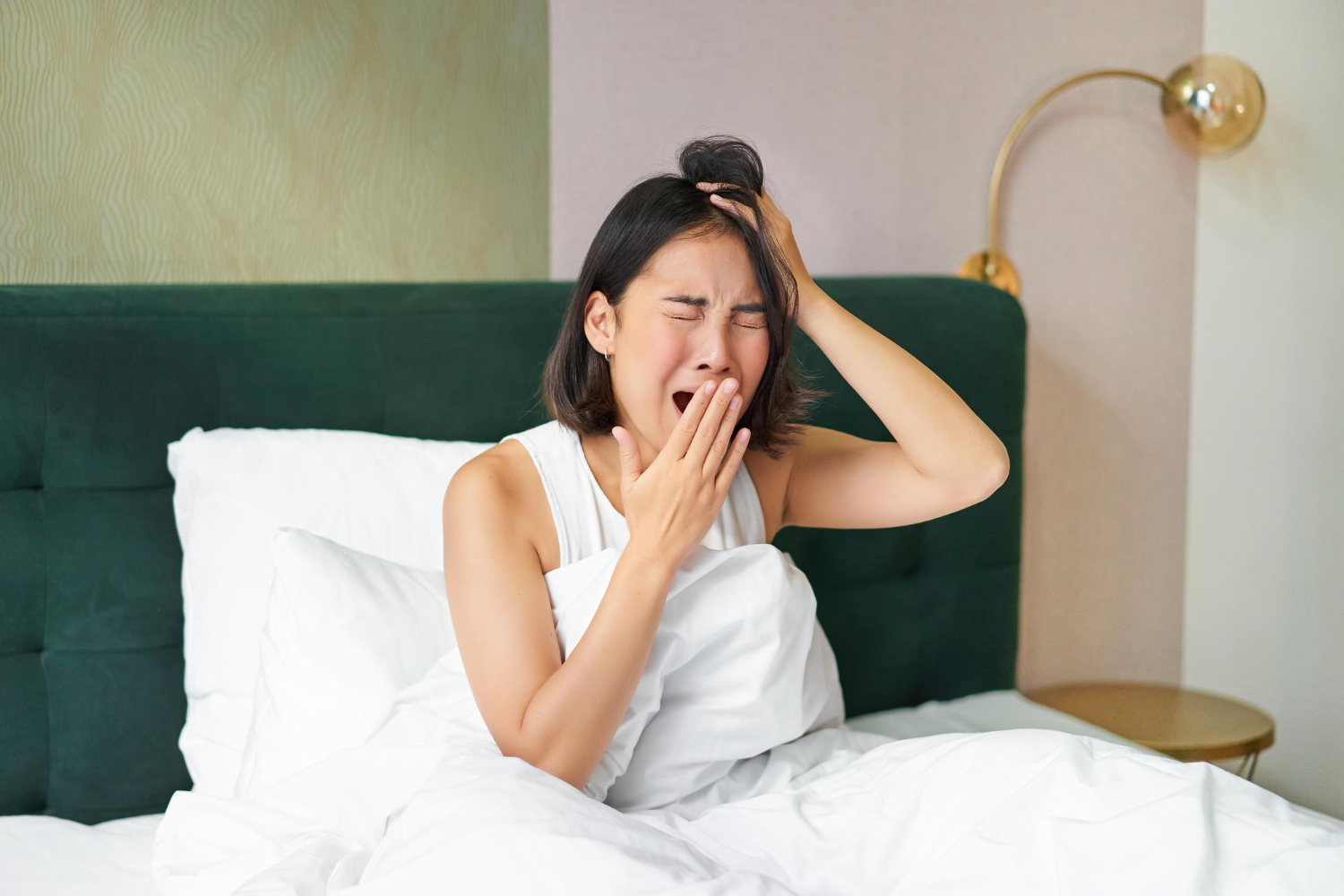Circadian Rhythm Sleep Disorder

Most people are familiar with insomnia and sleep disorders like sleepwalking and even narcolepsy; if you ask someone to list a common sleep disorder, he or she will probably name one of those examples. Few people, on the other hand, would blurt out the term “circadian rhythm sleep disorder,” since it is hardly one of the better known sleep disorders. However, circadian rhythm sleep disorder is a very real condition and it does affect quite a few people.
Unlike something like insomnia – where people simply can’t fall asleep, or stay asleep – a circadian rhythm sleep disorder means that a person can generally sleep perfectly fine; they just don’t sleep when it is appropriate or normal to do so. Rather than adhering to the body clock that comes naturally to most people, those with circadian rhythm sleep disorder wake up and go to sleep at entirely unusual times.
What is the circadian rhythm?
The term “circadian” comes from the Latin terms “circa” – meaning around, and “diem” – meaning day. Basically, circadian rhythm refers to the natural, 24-hour body cycle that healthy humans and animals naturally follow. With a circadian rhythm, people naturally tend to sleep when it’s nighttime and wake up when morning nears. The circadian rhythm is closely linked to sleep – wake cycles, then, and when it gets out of whack, a person is said to have a circadian rhythm sleep disorder. Such a disorder can cause a lot of chaos in a person’s life, as they have trouble adhering to a normal schedule and things like work and school become adversely affected. A circadian rhythm sleep disorder can be a very troublesome thing to contend with, as it flies in the face of how humans normally live their lives.
Jetlag and your circadian rhythm
Even if you don’t suffer from a circadian rhythm sleep disorder, you can experience problems with your circadian rhythm at various times in your life – at least temporarily. Jet lag is one of the most common problems that most people deal with when it comes to a circadian rhythm sleep disorder, and is the closest that most people ever get to having a circadian rhythm sleep disorder. Jet lag refers to the phenomenon of traveling east to west – or west to east – and ending up in an entirely different time zone. Your body clock remains on its original setting, but life around you in the new location is going on in a completely different time zone. It can not only be confusing, jet lag can cause actual physical symptoms and can make you absolutely miserable when you travel.
Airplane pilots and crew have long used Melatonin to reset their circadian rhythms when crossing multiple time zones. Learn more.
Shift work sleep disorder
One of the most common ways for a person to develop a circadian rhythm sleep disorder is by working the night shift, or by frequently changing the hours that they work. This phenomenon is very common in factory workers who might fluctuate from working nights to days to afternoons. Nurses and other hospital personnel are also very susceptible to this circadian rhythm sleep disorder, as they often work all night or might work a bunch of afternoons in a row, followed by a bunch of nights. With shift work sleep disorder, sufferers can develop insomnia like symptoms and can find it difficult to adjust to getting through their days. It is one of the best known kinds of circadian rhythm sleep disorder, and can generally be cured by finding different employment.
Tips for restful sleep and avoiding circadian rhythm sleep disorder
Whether you suffer from a circadian rhythm sleep disorder – or would just like to get better, more restful sleep at night – there are some easy things you can do.
- Make sure that the room you sleep in is free of excessive noise and that it isn’t too hot or too cold.
- Keep a ceiling fan running or a window cracked to prevent the room from becoming stuffy to ward off circadian rhythm sleep disorder.
- Set a good bedtime routine and follow it every night.
- Take a sleep aid containing melatonin.
To see what sleep aids contain melatonin, read our reviews.



